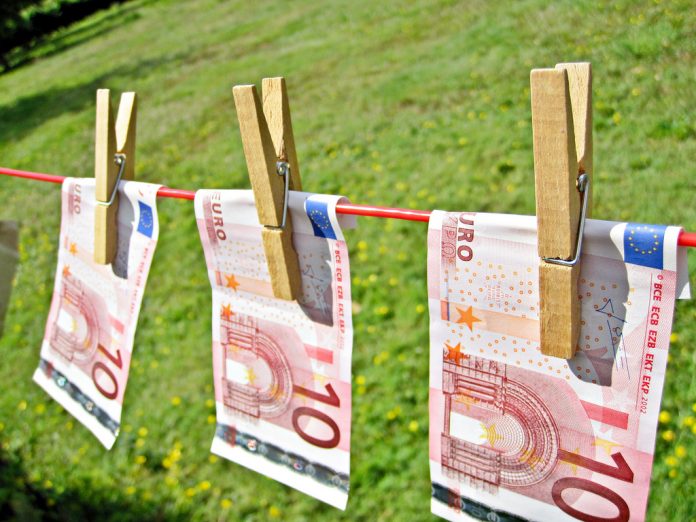New measures to step up the European Union’s fight against money laundering and narrow the scope for organised crime were agreed by the European Parliament’s Civil Liberties Committee on December 12.
Passed with 39 votes in favour and 4 abstentions, the MEPs agreed to introduce EU-wide definitions of money laundering related crimes, including practices that are not currently deemed a crime in all EU countries. This includes “self-laundering” (where a person who has committed a crime tries to hide the illicit origin of those proceeds).
“Today’s vote marks an important milestone in the fight against organised crime at a European level,” said Parliament’s rapporteur on the file, Ignazio Corrao (EFDD, IT). “This directive will deprive criminals of their most important asset, money, and it will make it more difficult for criminal organisations to launder the profits of their criminal activities in the legal economy of the EU.”
According to Corraro, the MEPs also clearly stated that imprisonment cannot be the only penalty and provided for new additional measures such as confiscation or the ban on entering into contracts with public authorities or running for elected offices.
The Civil Liberties Committee also backed a mandate for MEPs to open negotiations with EU governments. The talks will start once the mandate has been endorsed by Parliament as a whole. Following final approval of the directive, member states will have one year to transpose it into their national laws (as against two years in the original Commission proposal).
According to the Commission, the proceeds from criminal activity in the EU are estimated at €110bn per year. This is 1% of the EU’s total GDP.

